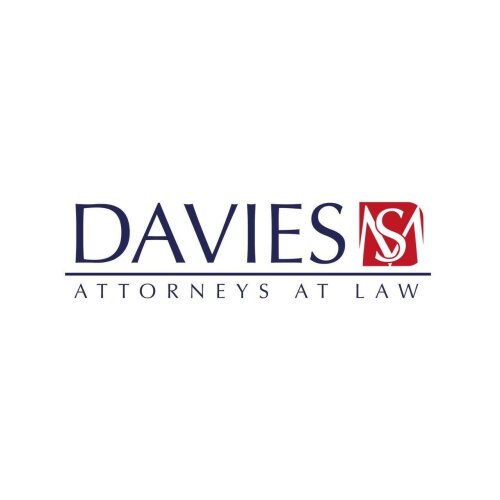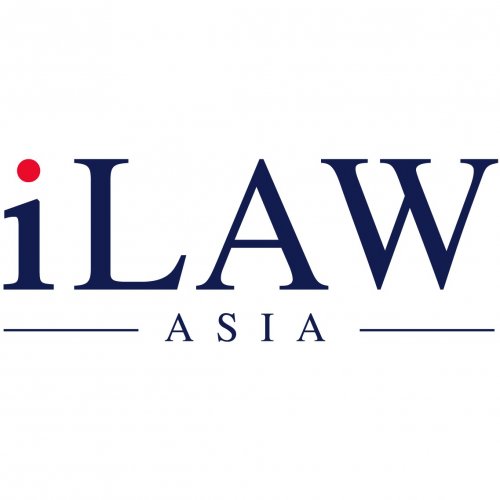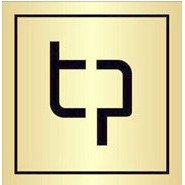Best Art & Cultural Property Law Lawyers in Phnom Penh
Share your needs with us, get contacted by law firms.
Free. Takes 2 min.
List of the best lawyers in Phnom Penh, Cambodia
About Art & Cultural Property Law in Phnom Penh, Cambodia
Art & Cultural Property Law in Phnom Penh, Cambodia, concerns the legal protection, preservation, and management of the nation's cultural heritage and artistic expressions. This field of law governs the creation, ownership, transfer, and restitution of cultural property, ensuring respect for the nation's heritage. Given Cambodia's rich history, articulated in its ancient temples, artifacts, and modern artistic expressions, navigating these legal frameworks is crucial for owners, artists, and institutions involved with cultural property.
Why You May Need a Lawyer
Engaging a lawyer in the field of Art & Cultural Property Law can be essential for various situations:
- You are an artist seeking to protect your intellectual property rights.
- You wish to acquire or sell art or artifacts, ensuring compliance with national and international laws.
- Your art or cultural property has been lost or stolen, and you need assistance with restitution claims.
- You are involved in organizing an exhibition or cultural event that requires legal oversight.
- You're looking to repatriate cultural property.
- You are dealing with cultural heritage preservation issues.
Local Laws Overview
Key aspects of local laws that are especially relevant to Art & Cultural Property Law in Phnom Penh include:
- The Law on the Protection of Cultural Heritage: Enacted to preserve Cambodia's cultural artifacts, this law outlines the processes for classification, protection, and management of cultural heritage sites and objects.
- Intellectual Property Law: This encompasses copyright, trademark, and patent laws applicable to artists and creators to protect their works.
- Import and Export Regulations: Specific regulations control the cross-border movement of art and cultural property to combat illegal trade and promote the protection of heritage.
Frequently Asked Questions
What is considered cultural property in Cambodia?
Cultural property refers to artifacts, objects, monuments, and sites that possess cultural, historical, religious, or artistic significance. This includes both tangible and intangible heritage.
What protections are in place for artists under Cambodian law?
Artists are protected under Cambodia's Intellectual Property Law, which includes provisions for copyright, allowing artists to secure rights over the creation, reproduction, and distribution of their work.
How can I legally export art from Cambodia?
Exporting art from Cambodia requires compliance with national laws that regulate the export of cultural property, including obtaining permits from the Ministry of Culture and Fine Arts.
Can foreigners own cultural property in Cambodia?
While foreigners can purchase art in Cambodia, ownership of certain cultural properties may be subject to restrictions to protect national heritage.
What should I do if my art has been stolen?
Report the theft to the local authorities immediately and consider consulting a lawyer specializing in cultural property for assistance in navigating the legal process of recovery and restitution.
Are there penalties for illegal possession or trade of cultural artifacts?
Yes, Cambodian law imposes significant penalties for the illegal possession or trade of cultural artifacts, as outlined in laws protecting cultural heritage.
What roles do government bodies play in cultural property law in Cambodia?
The Ministry of Culture and Fine Arts serves as the primary government body responsible for implementing and enforcing cultural heritage laws, including the management, preservation, and protection of cultural property.
How do restitution claims work in Cambodia?
Restitution claims typically involve legal processes to recover cultural objects that have been unlawfully removed or exported, working in collaboration with international frameworks and agreements.
What are Khmer Cultural Property standards?
The standards refer to the legal norms and guidelines set by the governmental heritage protection bodies to manage, secure, and preserve Khmer cultural and historical artifacts effectively.
Is private ownership of cultural landmarks permitted?
Private ownership of certain cultural properties and landmarks may be permitted under specific conditions, but they remain subject to laws ensuring their preservation and protection for public interest.
Additional Resources
For further guidance, consider consulting the following resources:
- Ministry of Culture and Fine Arts: Oversees cultural heritage protection and policies.
- National Commission for the Protection of Cultural Property: A body that addresses issues related to cultural property laws and enforcement.
- Cambodian Intellectual Property Law Council: Provides resources on intellectual property rights for artists and creators.
Next Steps
If you require legal assistance in Art & Cultural Property Law in Phnom Penh, consider the following steps:
- Identify your specific legal needs related to art and cultural property.
- Consult with a specialized lawyer experienced in Cambodian art and cultural property law.
- Gather necessary documentation related to your case, such as contracts, ownership records, and any correspondence related to the matter.
- Contact relevant governmental bodies for guidance on compliance and permits.
- Stay informed about changes in local laws and international conventions that might affect your case.
Lawzana helps you find the best lawyers and law firms in Phnom Penh through a curated and pre-screened list of qualified legal professionals. Our platform offers rankings and detailed profiles of attorneys and law firms, allowing you to compare based on practice areas, including Art & Cultural Property Law, experience, and client feedback.
Each profile includes a description of the firm's areas of practice, client reviews, team members and partners, year of establishment, spoken languages, office locations, contact information, social media presence, and any published articles or resources. Most firms on our platform speak English and are experienced in both local and international legal matters.
Get a quote from top-rated law firms in Phnom Penh, Cambodia — quickly, securely, and without unnecessary hassle.
Disclaimer:
The information provided on this page is for general informational purposes only and does not constitute legal advice. While we strive to ensure the accuracy and relevance of the content, legal information may change over time, and interpretations of the law can vary. You should always consult with a qualified legal professional for advice specific to your situation.
We disclaim all liability for actions taken or not taken based on the content of this page. If you believe any information is incorrect or outdated, please contact us, and we will review and update it where appropriate.












